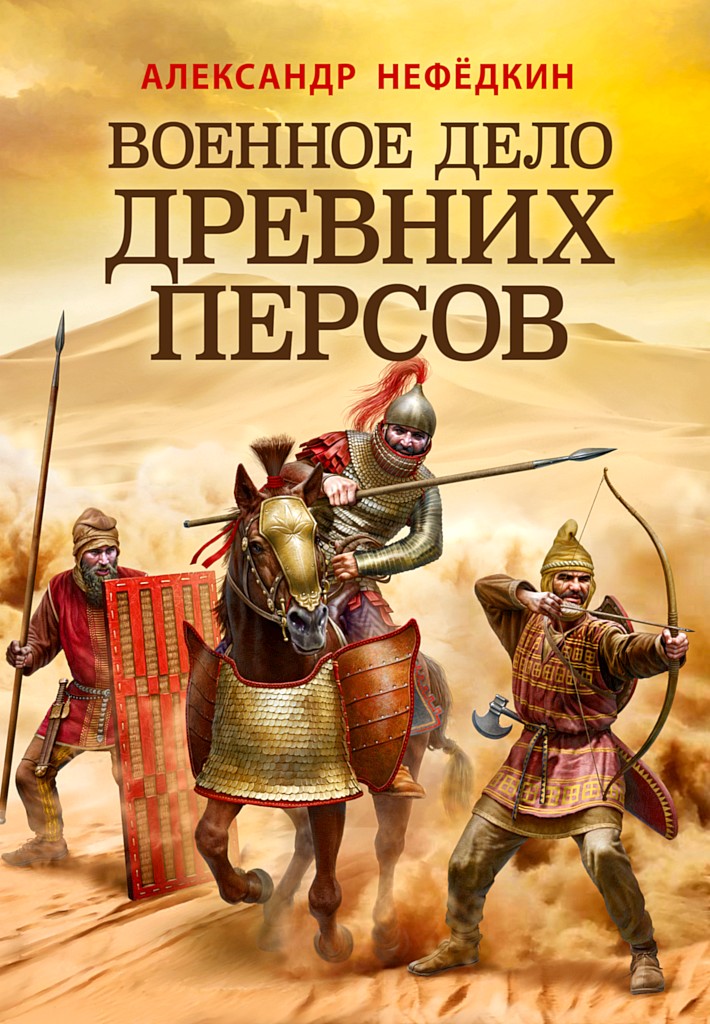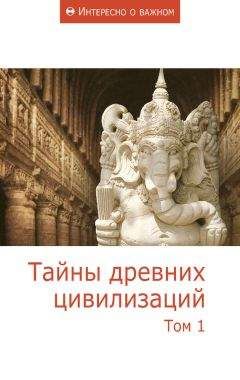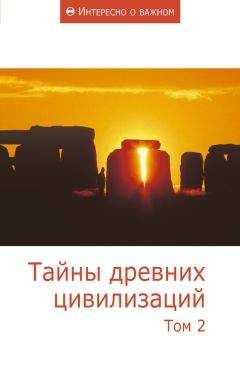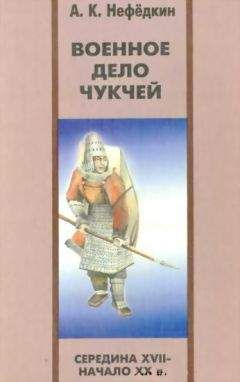Sp. 2134.
307. Cawkwell G. The Greek Wars: The Failure of Persia. Oxford, 2005.
308. Gera D. Warrior Women. The Anonymous Tractatus de Mulieribus. Leiden, 1997.
309. Göbl R. Antike Numismatik. Bd. II. München, 1978.
310. Godard A. L’art de l’Iran. Paris, 1962.
311. Goldman B. The Persian Saddle Blanket // Studia Iranica. T. 13. 1984. Fasc. 1. P. 7–18.
312. Gomme A. W. A Historical Commentary on Thucydides. Vol. III. Oxford, 1956.
313. Goukowsky P. Essai sur les origines du mythe d’Alexandre (336–270 av. J.-C.). T. I. Nancy, 1978.
314. Gow A. S. F., Page D. L. The Greek Anthology: Hellenistic Epigrams. Vol. II. Cambridge, 1965.
315. Greenhalgh P. A. L. Early Greek Warfare: Horsemen and Chariots in the Homeric and Archaic Ages. Cambridge, 1973.
316. Grégoire H. Rapport sur un voyage d’exploration dans le Pont et en Cappadoce // BCH. An. 33. 1909. P. 3–147.
317. Grignaschi M. Quelques spécimens de la littérature sassanide conservés dans les bibliothèques d’Istanbul // Journal asiatique. T. 254. Paris, 1966. P. 1–142.
318. Griffith G. T. The Mercenaries of the Hellenistic World. Cambridge, 1935.
319. Gsell S. Histoire ancienne de l’Afrique du Nord. T. II. Paris, 1928.
320. Hall P. The Cavalry Arm of the Army in Asia // Ssh. № 196. March 1998. P. 5–6.
321. Hallock R. T. A New Look at the Persepolis Treasury Tablets // Journal of Near Eastern Studies. Vol. 19. 1960. № 2. P. 90–100.
322. Hamilton J. R. Alexander’s Iranian Policy // Zu Alexander d. Gr.: Festschrift G. Wirth zum 60. Geburtstag am 9.12.86 / Hrg. von W. Will, J. Heinrichs. Bd. I. Amsterdam, 1987. P. 467–486.
323. Hammond N. G. L. The Battle of the Granicus River // JHS. Vol. 100. 1980. P. 73–88.
324. Hammond N. G. L. Army Transport in the Firth and Fourth Centuries // GRBS. Vol. 24. 1983. № 1. P. 27–31.
325. Hammond N. G. L. The Text and the Meaning of Arrian vii 6, 2–5 // JHS. Vol. 103. 1983. P. 139–144.
326. Hammond N. G. L. Alexander the Great: King, Commander and Statesman. Park Ridge, 1980.
327. Hammond N. G. L., Walbank F. W. A History of Macedonia. Vol. III. Oxford, 1978.
328. Hammond N. G. L. Royal Pages, Personal Pages, and Boys Trained in the Macedonian Manner during Period of the Temenid Monarchy // Historia. Bd. 39. 1990. Hf. 3. P. 261–290.
329. Hammond N. G. L., Roseman L. J. The Construction of Xerxes’ Bridge over the Hellespont // JHS. Vol. 116. 1996. P. 88–107.
330. Hanson V. D. The Western Way of War: Infantry Battle in Classic Greece. London, 1989.
331. Hasluck F. W. Cyzicus. Cambridge, 1910.
332. Hassan Ch. Structure of the Army and Logistics // CAPE. 2021. P. 1151–1159.
333. Hauben H. The King of the Sidonians and the Persian Imperial Fleet // Ancient Society. Vol. 1. 1970. P. 1–8.
334. Hauben H. The Chief Commanders of the Persian Fleet in 480 BC // Ancient Society. Vol. 4. 1973. P. 23–37.
335. Haubold J. Achaemenid Empire and the Sea // Mediterranean Historical Review. Vol. 27. 2012. № 1. P. 4–23.
336. Head D. Persian Cavalry Shields // Ssh. № 97. September 1981. P. 43–44.
337. Head D. Armies of the Macedonian and Punic Wars 359 BC to 146 BC. Goring-by-Sea, 1982.
338. Head D. The Achaemenid Persian Army. (Montvert Publications). Stockport, 1992.
339. Hekler A. Die Sammlung Antiker Skulpturen. (Die Antiken in Budapest. Abt. 1). Wien, 1929.
340. Hertzberg G. F. Die Asiatischen Feldzüge Alexander’s des Großen. Tl. II. Halle, 1864.
341. Hignett Ch. Xerxes’ Invasion of Greece. Oxford, 1963.
342. Hindley C. Eros and Military Command in Xenophon // CQ. Vol. 44. 1994. № 2. P. 347–366.
343. Hogarth D. Philip and Alexander of Macedon: Two Essays in Biography. London, 1897.
344. Hölscher T. Griechische Historischenbilder des 5. und 4. Jahrhunderts v. Chr. Würzburg, 1973.
345. Hornblower S. Mausolus. Oxford, 1982.
346. How W. W. Arms, Tactic and Strategy in the Persian War // JHS. Vol. 43. 1923. Pt. 2. P. 117–132.
347. How W. W., Wells J. A Commentary on Herodotus with an Introduction and Appendixes. Vol. II. Oxford, 1912; 1928.
348. Hull D. B. Hounds and Hunting in Ancient Greece. Chicago; London, 1964.
349. Hyland A. The Horse in the Ancient World. Westport; London, 2003.
350. Hyland J. O. The Casualty Figures in Darius’ Bisitun Inscription // Journal of Ancient Near Eastern History. Vol. 1 (2). 2014. P. 173–199.
351. Jähns M. Handbuch einer Geschichte des Kriegwesens von der Urzeit bis zur Renaissance. Leipzig, 1880.
352. Jaschinski S. Alexander und Griechenland unter dem Eindruck der Flucht des Harpalos. (Habelts Dissertationsdrucke. Reihe Alte Geschichte. Hf. 14). Bonn, 1981.
353. Jędraszek S. The Egyptian Phalanx in the Cyropaedia // Xenophon: Greece, Persia, and Beyond / Ed. by B. Burliga. (Akanthina. № 5). Gdańsk, 2011. P. 63–73.
354. Justi F. Iranisches Namenbuch. Marburg, 1895.
355. Köchly H. Rüstow W. Griechische Kriegsschriftsteller. Tl. II. Abt. 2. Leipzig, 1855.
356. Kaltsas N. Sculpture in the National Archaeological Museum, Athens: Catalogue / Translation: D. Hardy. Athens, 2002.
357. Keegan J. A History of Warfare. London, 1994.
358. Keen A. G. Persian Karanoi and Their Relation to the Satrapal System // Ancient History in a Modern University / Eds. T. W. Hillard, R. A. Kearsley, C. E. V. Nixon, A. M. Nobbs. Vol. I. Grand Rapids; Cambridge, 1998. P. 88–95.
359. Kern P. B. Ancient Siege Warfare. London, 1999.
360. Konijnendijk R. Legitimization of War // CAPE. 2021. P. 1141–1150.
361. Konijnendijk R. Mardonius’ Senseless Greeks // CQ. Vol. 66. 2016. Issue 1. P. 1–12.
362. Kraay C. M. Archaic and Classical Greek Coins. London, 1976.
363. Kromayer J., Veith G. Heerwesen und Kriegführung der Griechen und Römer. (Handbuch der Altertumwissenschaft. Abt. IV. Tl. 3. Bd. 2). München, 1928.
364. Kuhrt A. The Persian Empire: A Corpus of Sources from Achaemenid Period. London; New York, 2007.
365. Lane Fox R. Alexander the Great. London, 1973.
366. Launey M. Recherches sur les armées hellénistiques. (Bibliothèque des Écoles Françaises d’Athènes et de Rome. Fasc. 69). T. I–II. Paris, 1949–1950.
367. Lazenby J. F. The Spartan Army. Warminister, 1985.
368. Lazenby J. F. The Defence of Greece, 490–479 BC. Warminster, 1993.
369. Lesquier J. Les institutions militaires de l’Égypte sous les Lagides. Paris, 1911.
370. Lexicon iconographicum mythologiae classicae. Vol. VI.2. Zürich; München, 1992.
371. Lissarrague F. L’autre guerrier: archers, peltastes, cavaliers dans l’imagerie attique. Paris; Rome, 1990.
372. Littauer M. A., Crouwel J. H. Wheeled Vehicles and Ridden Animals in the Ancient Near East. Leiden; Koln, 1979.
373. Litvinsky B. L., Pichikyan I. R. An Attic Shield with a Triskelion from the Temple of the Oxus (a Discovery of an Archaic Emblem from Athens in Northern Bactria) // Ancient Civilization. Vol. 4. 1997. № 2. P. 109–121.
374. Lloyd A. B. Philip II and Alexander the Great: The Moulding of Macedon’s Army // Battle in Antiquity / Ed. by A. B. Lloyd. London, 1996. P. 169–198.
375. Lockwood R. The Thin End of a Persian Wedge? // Ssh. № 151. September 1990. P. 12.
376. Loman P. No Woman no War: Women’s Participation in Ancient Greek Warfare // GR. Vol. 51. 2004. № 1. P. 34–54.
377. Lommel H. Die Späher des Varuna und Mitra und das Auge des Könige // Oriens. Vol. 6. 1953. № 2. P. 323–333.
378. Müller K. K. Ein griechisches Fragment über Kriegswesen // Festschrift für Ludwig Urlichs zur Feier seiner Fünfundzwanzigjährigen Wirkens an der Universität Würzburg dargebracht von seinen Schülern. (Strena philologa Ludovico Urlichsio





